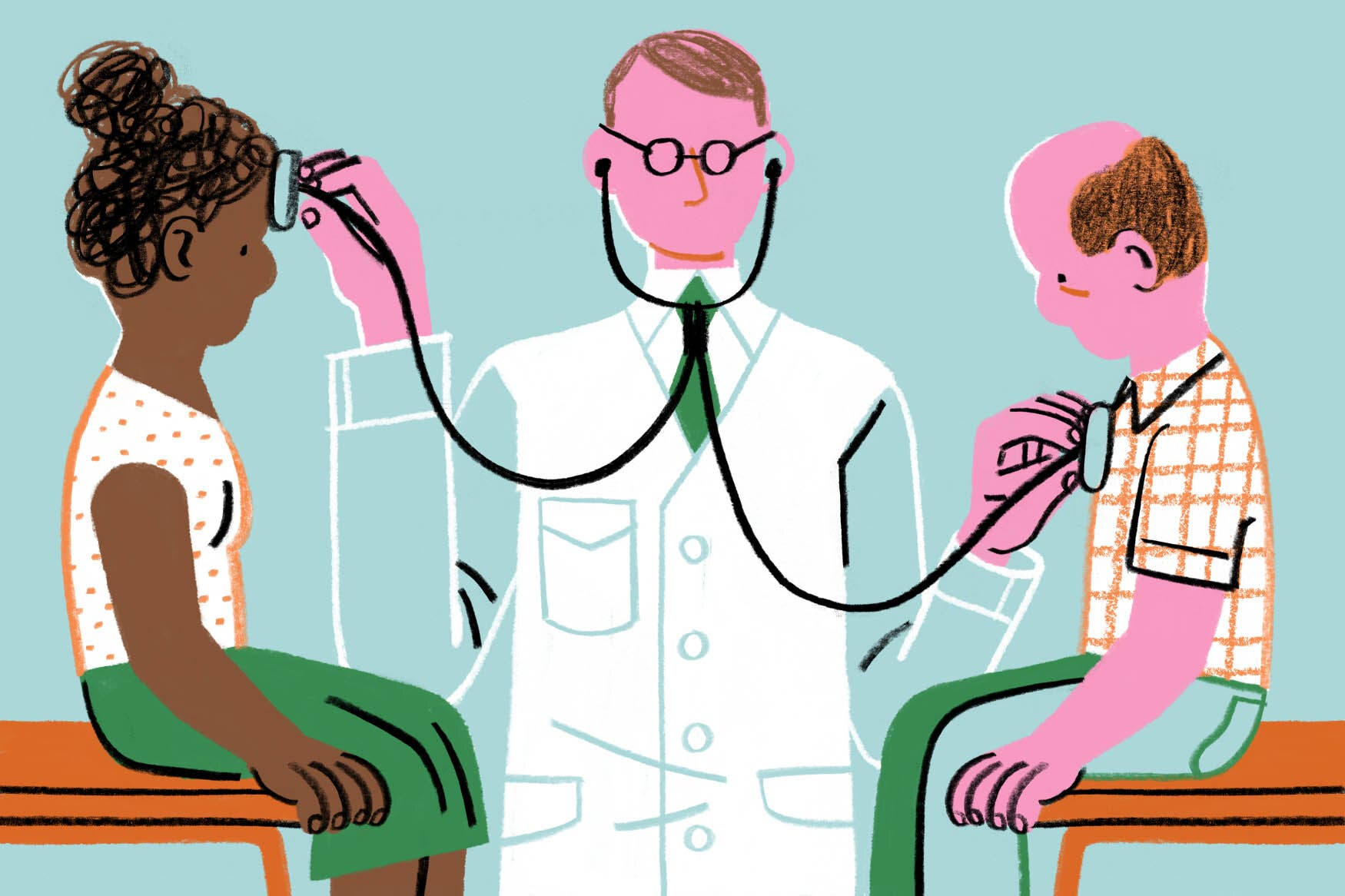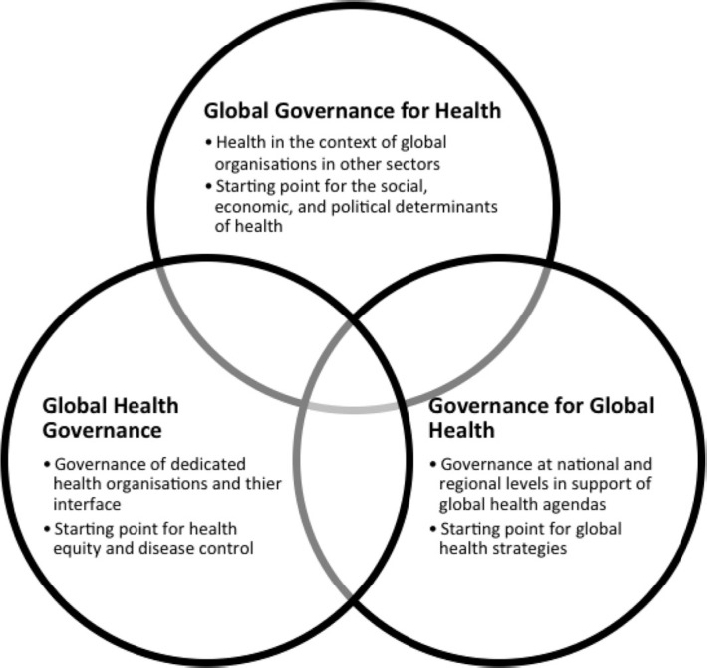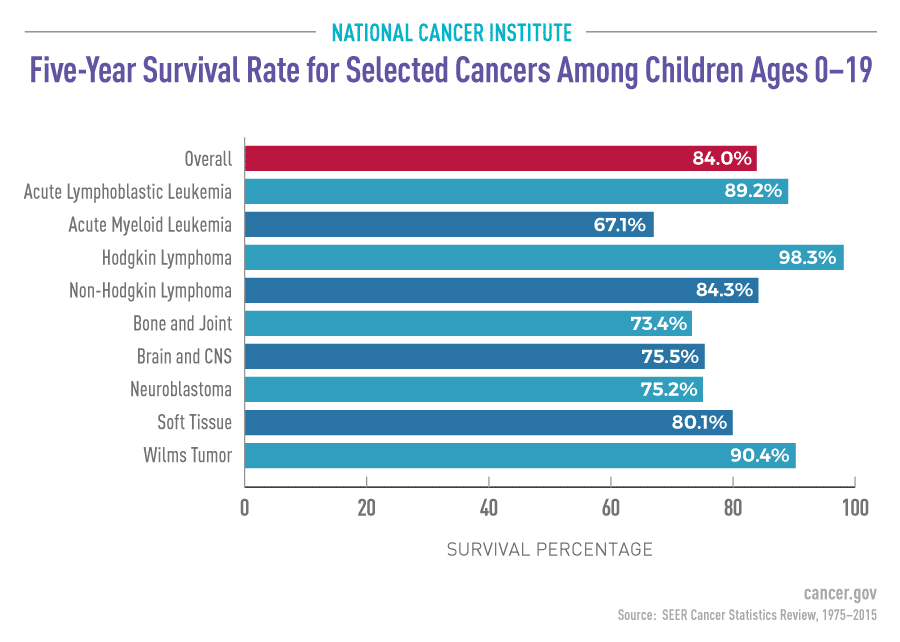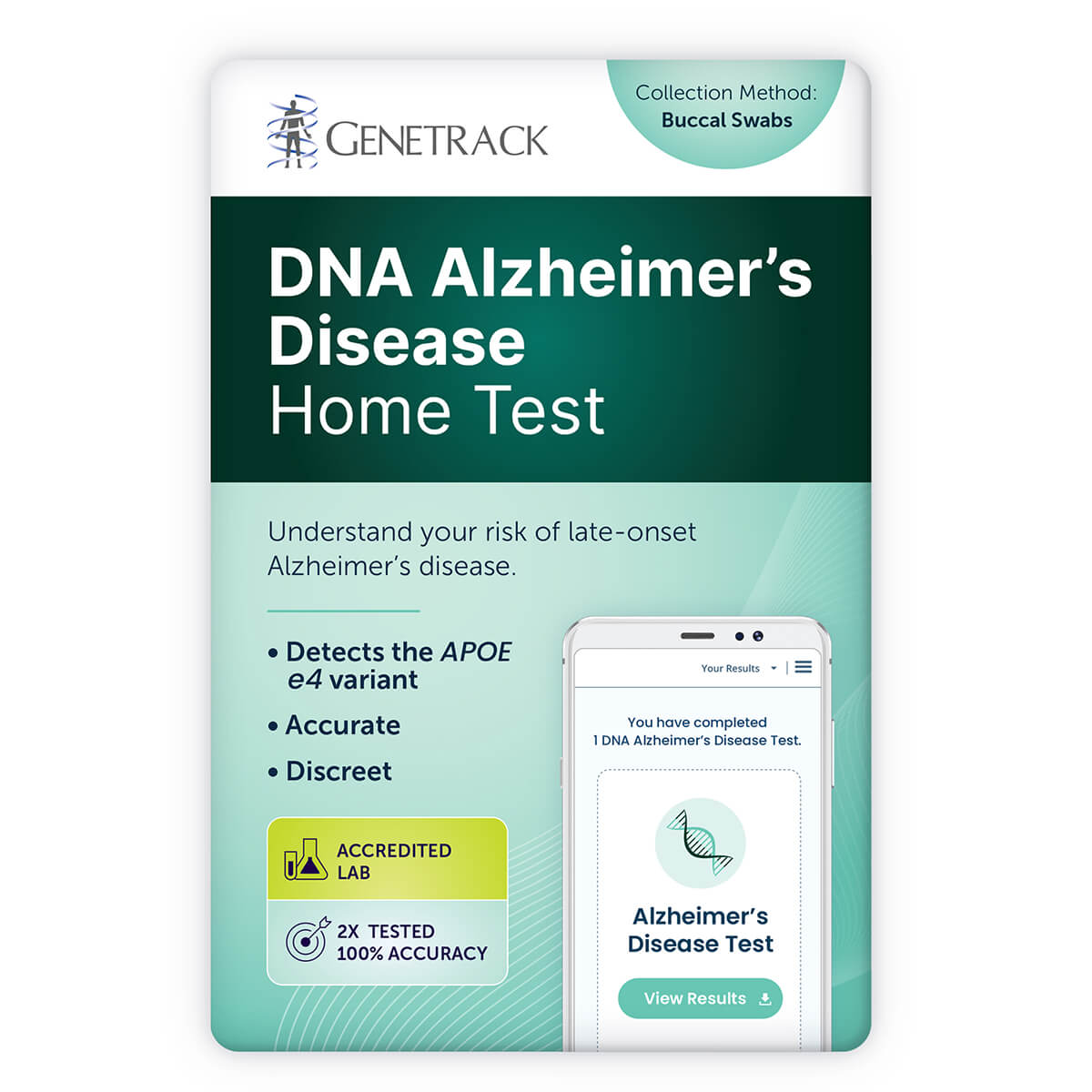Medical gaslighting is an unsettling and increasingly discussed phenomenon in today’s healthcare landscape, where patients often feel their concerns are minimized or dismissed by their healthcare providers. This troubling behavior can arise from numerous factors, including overwhelming caseloads and the pressures placed on doctors to provide quick diagnoses. It undermines the crucial doctor-patient relationship, leaving individuals struggling with chronic illnesses or mental health issues feeling unheard and invalidated. As patient advocacy gains momentum, it becomes essential to recognize and address medical gaslighting to foster a more compassionate and empathetic healthcare environment. By advocating for better communication and understanding, we can empower patients and enhance their healthcare experiences.
The issue of medical neglect, often reframed as emotional invalidation in healthcare settings, can have profound effects on the patient experience. This phenomenon manifests when doctors dismiss symptoms as purely psychological, neglecting the complex realities that many patients face, particularly those with hard-to-diagnose chronic illnesses. When healthcare providers fail to engage meaningfully with their patients, this can lead to adverse outcomes in mental health and overall wellbeing. By acknowledging the weight of these harmful experiences, we can pave the way for improved patient-provider interactions that prioritize empathy and understanding. Ultimately, addressing this systemic issue is vital for building trust within healthcare relationships and ensuring that every patient feels valued and heard.
Understanding Medical Gaslighting in the Doctor-Patient Relationship
Medical gaslighting is a term that has surfaced in recent conversations about the doctor-patient relationship, shedding light on the persistent issue of patients feeling unheard or dismissed by their healthcare providers. This phenomenon often gets exacerbated in cases of chronic illnesses, like irritable bowel syndrome or long COVID, where symptoms may not receive a definitive medical explanation. Patients frequently report feelings of frustration and bewilderment when doctors attribute their symptoms to psychological factors or fail to acknowledge their lived experiences, leading to a detrimental effect on mental health and overall well-being.
The implications of medical gaslighting are far-reaching, not only affecting patients’ trust in their healthcare providers but also their willingness to seek help in the future. It is crucial for healthcare professionals to realize the importance of validating patients’ experiences, regardless of whether they fit neatly into established medical diagnoses. By fostering a more empathetic and understanding approach, doctors can help alleviate anxiety and encourage patients to advocate for their health without fear of being dismissed.
The Role of Patient Advocacy in Combating Medical Gaslighting
Patient advocacy plays a vital role in addressing the issues of medical gaslighting and invalidation. Advocacy involves empowering patients to communicate their concerns, experiences, and symptoms effectively, ensuring they are heard and acknowledged by healthcare providers. It is essential for individuals, especially those with chronic illnesses, to understand their rights in the medical system and to feel confident in speaking up when their concerns are dismissed. By advocating for themselves, patients can foster more collaborative relationships with doctors, ultimately leading to better health outcomes.
Moreover, healthcare systems should prioritize training and resources that support patient advocacy. By equipping both patients and providers with better communication tools, we can bridge the gap that often leads to feelings of invalidation. When patients feel supported in their advocacy efforts, they are more likely to engage positively with their healthcare providers, resulting in a more constructive dialogue that enhances the overall patient experience.
Healthcare Providers and the Pressure to Deliver
Healthcare providers face immense pressure within the current medical landscape, which can inadvertently contribute to medical gaslighting. With the ever-increasing demands to see more patients in shorter time frames, clinicians often find themselves relegated to the role of gatekeepers rather than empathetic listeners. This relentless pressure can undermine the quality of care provided, as doctors may lack the time needed to thoroughly investigate a patient’s concerns or explore underlying issues that are not immediately apparent through medical tests.
Additionally, the burden of excessive paperwork often further detracts from the time physicians can devote to understanding their patients’ needs. When doctors are overwhelmed by caseloads and documentation obligations, the chance for genuine patient interaction diminishes, resulting in vulnerable moments where patients may feel invalidated. Systematic changes that focus on de-stressing healthcare environments could promote better doctor-patient relationships and ultimately reduce instances of medical gaslighting.
Impact of Chronic Illness on Patient Experience
Living with chronic illness can create a complex interplay between patients and healthcare providers, particularly when patients experience symptoms that remain unexplained. Patients may encounter disbelief or misunderstanding from doctors who are unable to identify a clear diagnosis through traditional means. This situation often leads to feelings of doubt and frustration for patients, who may feel compelled to validate their experiences repeatedly, essentially battling for acknowledgment of their suffering.
Understanding the impact of chronic illness is crucial for healthcare providers, who must recognize the multifaceted nature of patient symptoms. Emphasizing empathy and open communication can significantly improve the relationship between patients and their doctors. Taking the time to acknowledge the struggles patients face allows for a more holistic approach to treatment and fosters an environment where patients feel secure in expressing their concerns, ultimately reducing occurrences of gaslighting.
The Importance of Empathy in Healthcare
Empathy in healthcare is essential for building trust in the doctor-patient relationship. When healthcare providers engage with patients through active listening and demonstrate genuine concern for their well-being, patients feel more valued and understood. Empathy not only helps mitigate feelings of medical gaslighting but also enhances the overall quality of care as patients are more likely to disclose vital information that can aid in diagnosis and treatment.
Furthermore, incorporating empathy into clinical practice can lead to improved patient satisfaction and adherence to treatment plans. As healthcare providers begin to prioritize emotional intelligence, the dynamics of healthcare interactions evolve positively, fostering a situation where patients feel encouraged to articulate their issues thoroughly. In turn, this creates a more effective healthcare environment that’s focused on collaboration and shared decision-making.
Challenges of Modern Medical Training
Modern medical training often emphasizes the acquisition of technical skills and knowledge at the expense of developing interpersonal communication abilities. As a result, newly graduated healthcare providers may struggle to navigate the complexities of patient interactions, particularly when dealing with sensitive topics related to mental health or chronic illness. The tendency to rely on objective measures in clinical assessments can inadvertently lead to medical gaslighting, as patients expressing subjective experiences may not receive the validation they need.
By incorporating communication training into medical education, future healthcare providers can be better prepared to engage empathetically with their patients. Emphasizing the importance of understanding patient narratives will enable doctors to appreciate the nuances of individual experiences, which is often the key to effective diagnosis and treatment. Through this enhanced training approach, we can work to eliminate instances of medical invalidation and build a healthcare system that prioritizes patient-centered care.
Systemic Issues Affecting Patient Care
The systemic issues that pervade the healthcare industry can hinder the effectiveness of patient care and contribute to instances of medical gaslighting. For instance, healthcare policies that prioritize productivity over patient experience can create a culture where physicians are incentivized to rush through appointments. This cycle can leave patients feeling unheard, fostering distrust and frustration when their symptoms are dismissed or inadequately addressed.
Addressing these systemic challenges requires a multi-faceted approach, where institutions actively seek to balance the demands placed on healthcare providers with the need for compassionate patient care. Stakeholders must advocate for reforms that support a more sustainable work environment for clinicians, promoting a shift toward valuing quality patient interactions over mere numerical output. Such changes can facilitate healthier dynamics between patients and healthcare providers, ultimately leading to better outcomes.
The Role of Technology in Patient Care
Technology has a transformative impact on patient care, offering new tools and platforms that can enhance the doctor-patient relationship. Telemedicine, for instance, has emerged as a valuable resource, enabling patients to access healthcare professionals from the comfort of their homes. However, the rise of digital consultations necessitates a renewed focus on communication skills, as the lack of face-to-face interactions can inadvertently contribute to feelings of medical gaslighting when patients do not receive the attention and empathy they require.
In order for technology to effectively support patient care, healthcare providers must leverage these tools thoughtfully, prioritizing the establishment of rapport and understanding during virtual consultations. By employing best practices that encourage open dialogue and shared decision-making, healthcare providers can navigate potential pitfalls associated with technology, ensuring that patients feel valued and understood even in digital environments. This balance can result in a more inclusive healthcare experience, reducing the likelihood of patients feeling invalidated.
Future Directions for Improving Patient Experience
As conversations around medical gaslighting gain traction, the focus on improving the patient experience becomes increasingly vital. Future initiatives should emphasize the need for patient-centric care that champions empathy, communication, and advocacy. By creating educational programs for both patients and healthcare providers centered around the importance of listening and validation, we can strive to cultivate healthier and more productive relationships within the healthcare system.
Moreover, organizations must implement changes that promote well-being for healthcare professionals. Addressing provider burnout and pressures can create a more conducive environment for meaningful patient interactions. In doing so, we take a crucial step toward dismantling the barriers that contribute to medical gaslighting, fostering a healthcare system that truly upholds the principles of compassionate care and respect for every patient’s experience.
Frequently Asked Questions
What is medical gaslighting and how does it affect the doctor-patient relationship?
Medical gaslighting refers to instances when healthcare providers dismiss or minimize a patient’s symptoms, often leading patients to question their health experiences. This behavior can harm the doctor-patient relationship by creating mistrust and frustration, which hinders patient advocacy and effective communication.
How can I recognize medical gaslighting in my interactions with healthcare providers?
Recognizing medical gaslighting involves noticing patterns where your concerns are dismissed, where symptoms are attributed solely to psychological factors without thorough investigation, or where you feel pressure to conform to the doctor’s perspective. It’s essential to seek clarity on your symptoms and advocate for your health in such situations.
What steps can patients take if they believe they are experiencing medical gaslighting?
If you suspect medical gaslighting, consider documenting your symptoms comprehensively, seeking second opinions from other healthcare providers, and asserting your right to further evaluations. Engaging in patient advocacy by bringing a support person to appointments can also help ensure your concerns are addressed.
How can healthcare providers prevent medical gaslighting in their practices?
Healthcare providers can prevent medical gaslighting by fostering open communication, taking patient concerns seriously, and allowing sufficient time for patient interactions. Additionally, ongoing education around chronic illnesses and mental health can enhance their understanding and compassion in patient care.
What role does mental health play in the discussion of medical gaslighting?
Mental health is often misattributed as the sole cause of unexplained physical symptoms, which can lead to medical gaslighting. Acknowledging the interplay between mental and physical health can improve the understanding and treatment of patients experiencing chronic illnesses, ensuring their concerns are validated.
Why is it important to address medical gaslighting in the context of chronic illness?
Addressing medical gaslighting in chronic illness contexts is crucial because these patients frequently endure skepticism about their symptoms. Validating their experiences encourages better patient care, enhances the doctor-patient relationship, and promotes effective treatments and patient advocacy.
How can I find supportive healthcare providers who avoid medical gaslighting?
To find supportive healthcare providers, look for practitioners known for compassionate care, check online reviews about their approach to patient interactions, and seek recommendations from patient advocacy groups. Engaging in conversations about your needs upfront can also help gauge their willingness to listen and validate your concerns.
| Key Aspect | Details |
|---|---|
| Definition | Medical gaslighting refers to the phenomenon where patients feel dismissed by healthcare providers, often regarding hard-to-detect conditions. |
| Origin of the Term | The term has gained traction on social media, reflecting a growing awareness and discussion of provider-patient dynamics. |
| Intent | Most instances of medical gaslighting do not involve intent to deceive; Alexandra Fuss suggests they should be referred to as ‘medical invalidation’ instead. |
| Impact of Provider Pressure | Healthcare professionals face immense pressure from healthcare systems, leading to burnout and stress that affects patient interactions. |
| Consequences for Patients | Patients may feel their concerns are not taken seriously, which can lead to distrust and reluctance to seek further care. |
| Recommendations for Improvement | Improving healthcare systems and increasing empathy in patient-provider interactions can help mitigate feelings of medical invalidation. |
Summary
Medical gaslighting is a pressing issue within healthcare, where patients may feel invalidated by their providers during consultations regarding complex health issues. The term highlights a crucial aspect of patient experience, reflecting how pressures within the medical system can lead to feelings of dismissal. Understanding and addressing the intent behind these interactions can ultimately foster more compassionate care and improve provider-patient relationships.




